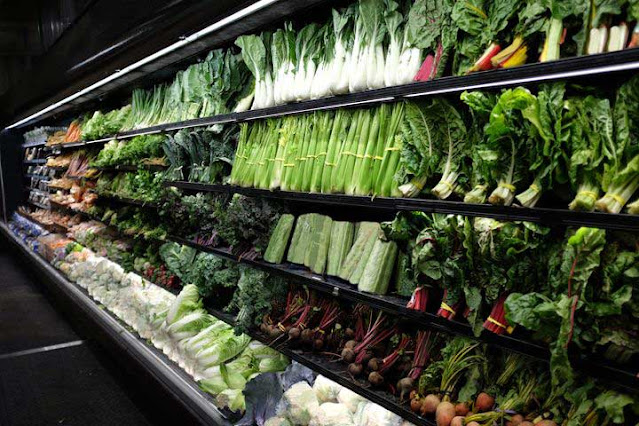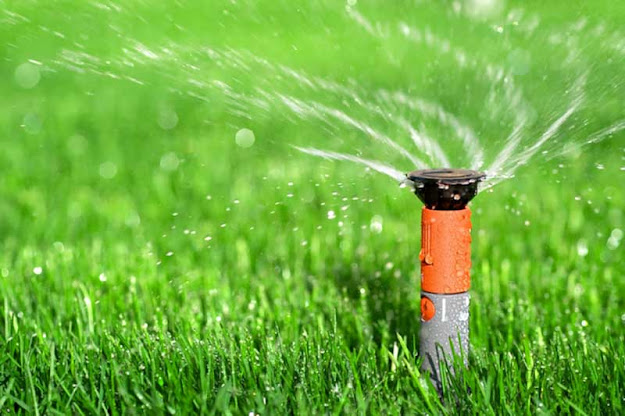Sustainable Agriculture - Importance & Definition
Sustainable agriculture are often a broad and sometimes vague term without a universally agreed-upon definition. i like better to define sustainability within the broadest sense possible, therein sustainability is that the power to carry out practices indefinitely, without having to eventually halt them thanks to negative impacts on environment, community, or the processes themselves. Sustainable agriculture thus involves quite just environmentally sound farming practices, but also necessarily encompasses both economic considerations (questions of resource utilization) and human considerations also.
Why is sustainability important in agriculture?
Unfortunately, this agricultural production systems in place not only within the U.S. but in many parts of the earth are highly unsustainable. variety of the problems with agriculture include the destruction of untamed ecosystems, just like the clearing of rainforest and other biomes to make room for farming, nutrient pollution and chemical pollution from agricultural runoff, waterway disruption and aquifer depletion from the use of water for irrigation, and climate destabilization resulting from a mix of things .
What are best practices, with regard to sustainability, in farming and agriculture?
People often specialize in certain simple issues, like organic farming, or the use of specific harmful chemicals, without watching the broader picture. albeit everyone within the planet were to completely stop using all harmful chemicals in agriculture, and only farm organically, there could still be catastrophic environmental implications of farming.
The key issue in sustainability, most significant than all other issues, is leaving intact ecosystems, and not clearing or developing quite particular portion of untamed areas for agriculture or human use. The rule of thumb or target that i like better to draw a bead on is to travel away 70% of land as intact wild ecosystem. this does not mean that the land isn't getting utilized in any way, but only that it isn't being directly used for agriculture or other uses (i.e. crops aren't being grown there, timber isn't being harvested, people aren't living there), which whatever uses of the land only have negligible impacts on the ecosystem.
Economic value of untamed areas
One argument for continued development is that the event is vital for process , and growth is vital for economic health. I find this argument to be fallacious, for two compelling reasons. One is that the paradigm of indefinite process without bound could also be a flawed one. Resources are always limited, and there is only a specific capacity of products which can be produced sustainably. Achieving sustainability requires abandoning this old model of process .
My second reason, however, is that intact wild ecosystems are actually necessary for sustained economic health, especially within the agricultural sector, but also in virtually all other aspects of society also.
Direct economic benefits of untamed areas
In terms of direct effects, intact wild ecosystems provide a buffer which prevents the spread of insects, diseases, and other pests which can destroy crops. Our current unsustainable agriculture system relies on expensive chemical control systems to manage pests, which are continually adapting. A sustainable system would believe natural buffer zones, which not only prevent the spread of disease, but also house predators which feed on insect pests, thus making it unlikely for pests to urge established among crops within the primary place. The organic farms and gardens that I even have worked with which practice crop diversification and thus the utilization of untamed buffer areas around the operation remark that they typically have almost no problem with pests.
Indirect economic benefits of untamed areas
Indirect effects, however, are even stronger. Wild ecosystems stabilize climate and weather, which can greatly reduce or even prevent natural disasters like flood, drought, and moderate temperature and humidity, lessening the severity of utmost weather events like cold or hot spells. Wild ecosystems can also produce numerous resources, including foods, which can be sustainably harvested, including wild fish and meat, and plants for food or medicinal use. Wild areas also provide beauty, increasing land value in nearby residential areas, and providing recreation and income to local economies through tourism. Often, an intact wild area can have numerous different uses. And lastly, ecosystems also filter and purify water and air, thus lowering health care costs and lessening the need for burdensome environmental regulations.
In summary
Sustainable agriculture is sort of just organic agriculture; it encompasses environmental, economic, and human factors together. the sole most significant issue in organic agriculture is that the preservation of intact, wild ecosystems. I set the goal of preserving 70% of all land as wild ecosystems. These lands can provide immense value , both for agriculture and society at large and both through direct and indirect effects.




评论
发表评论